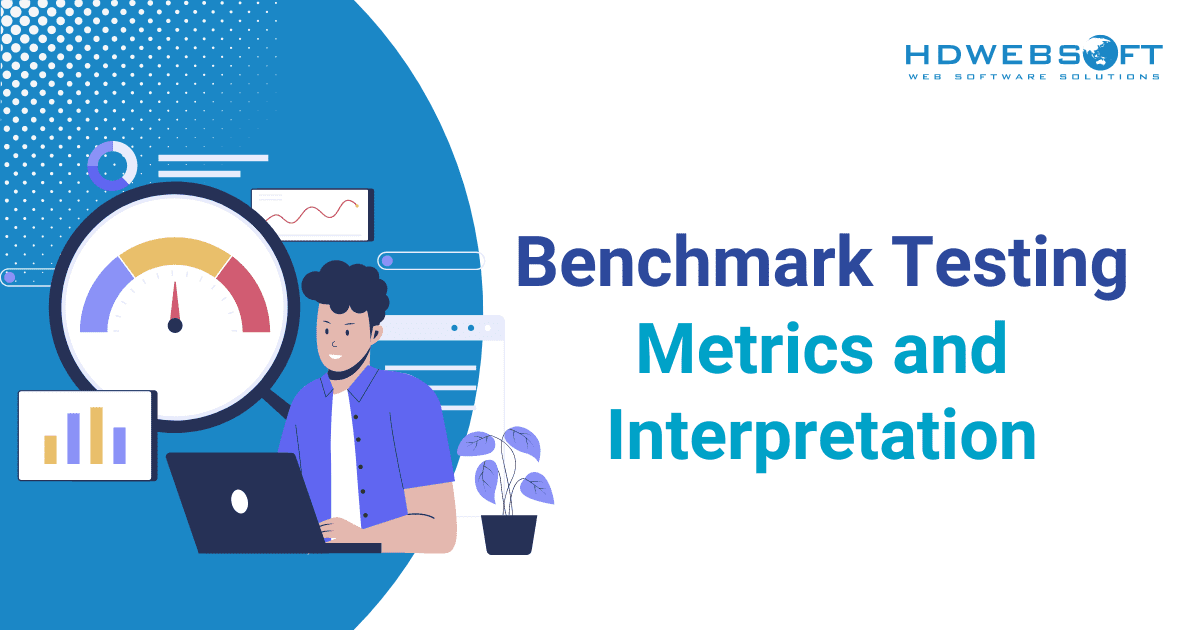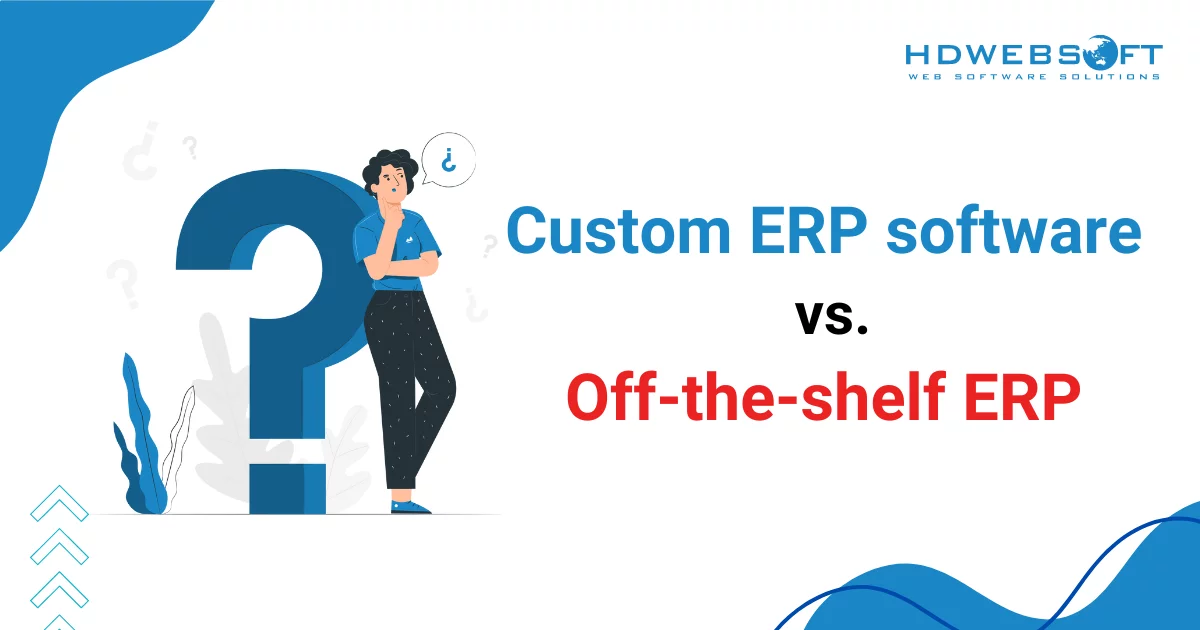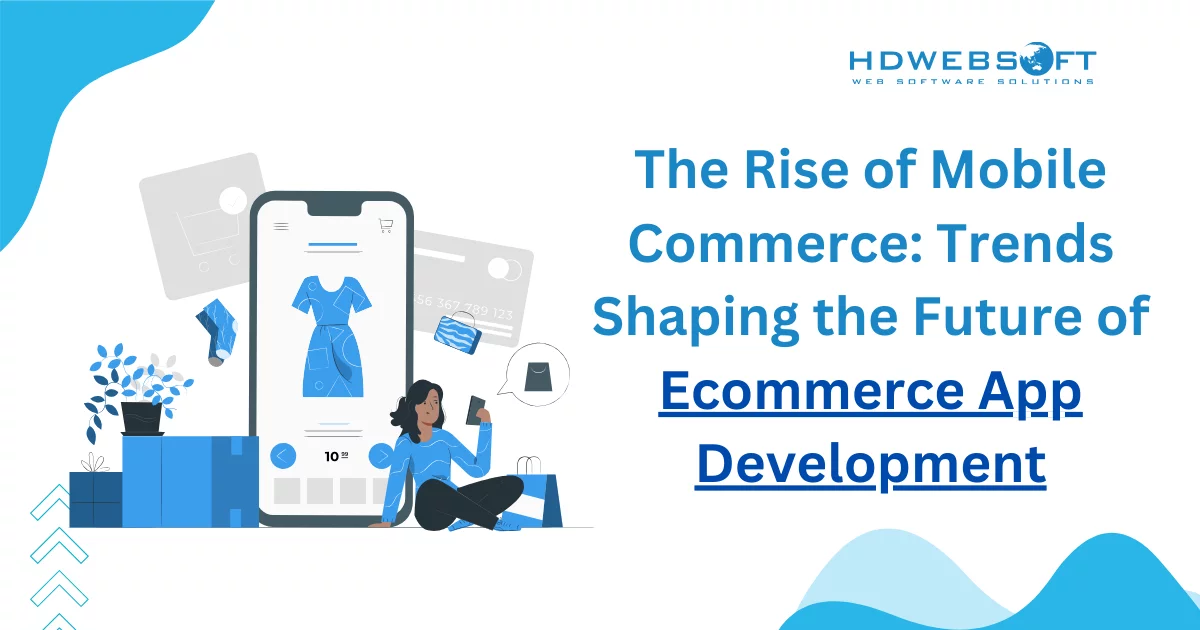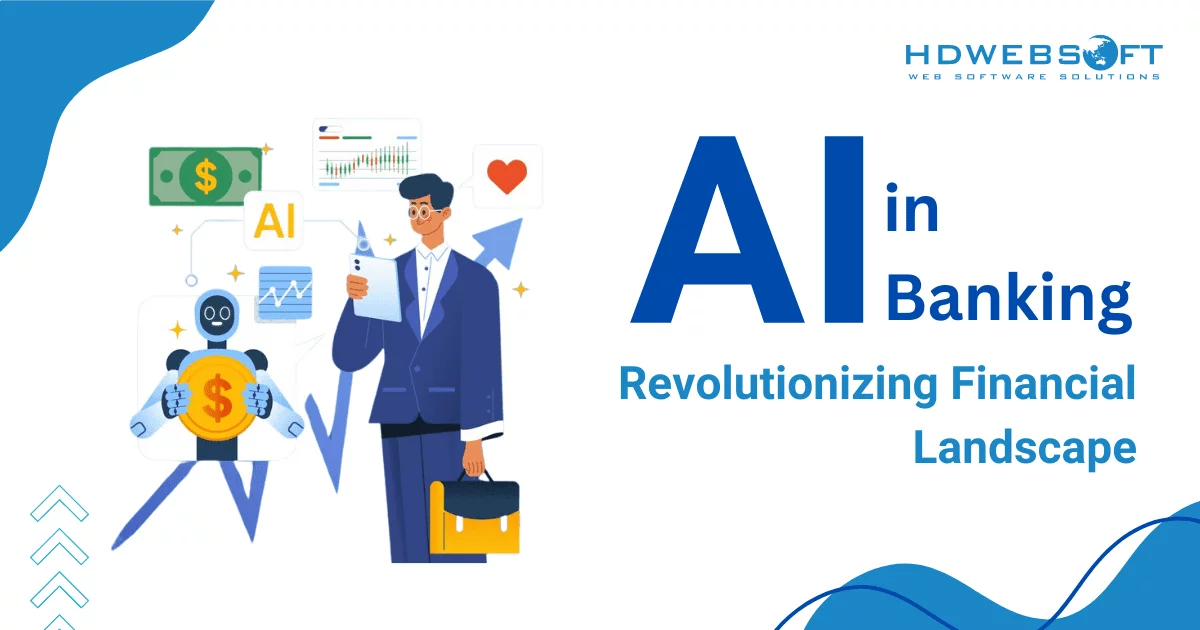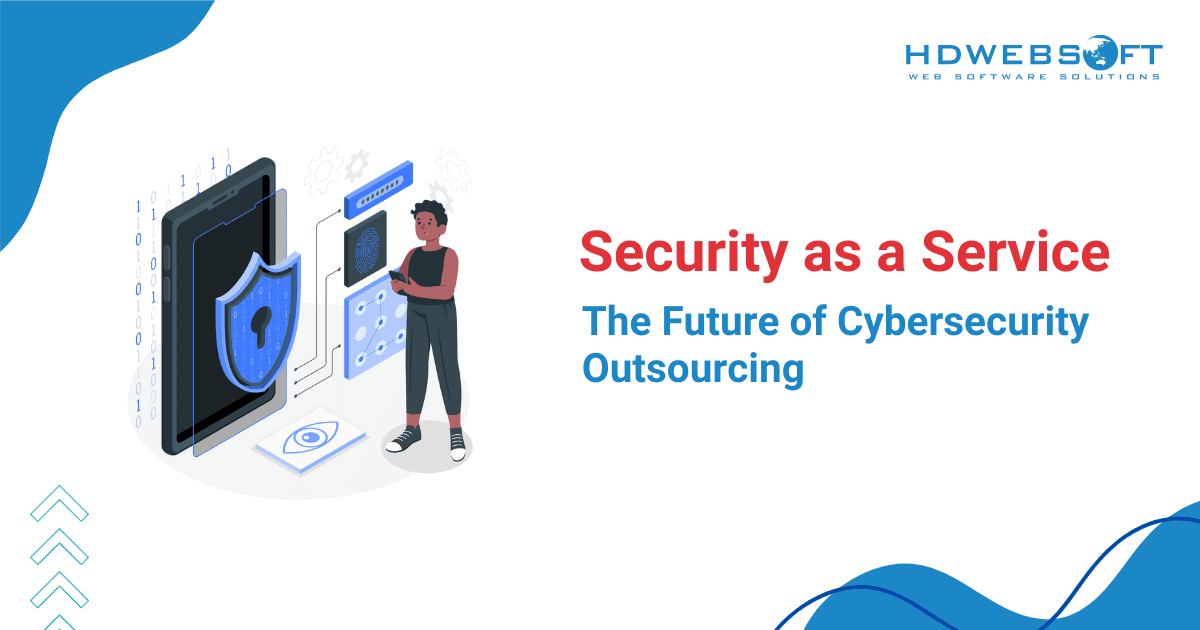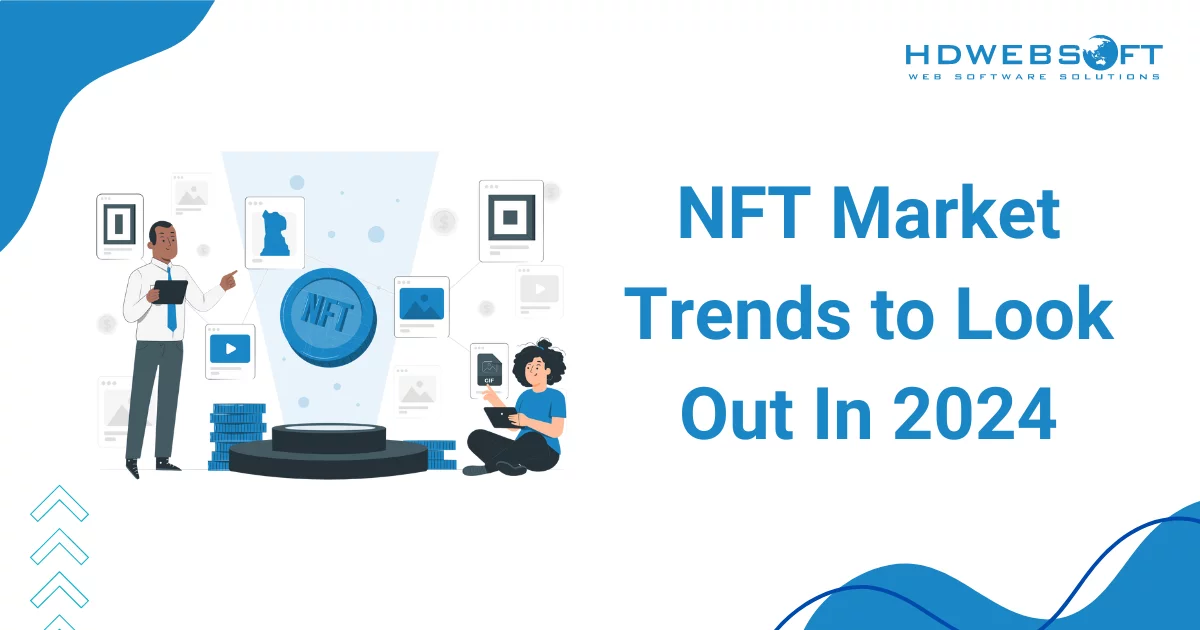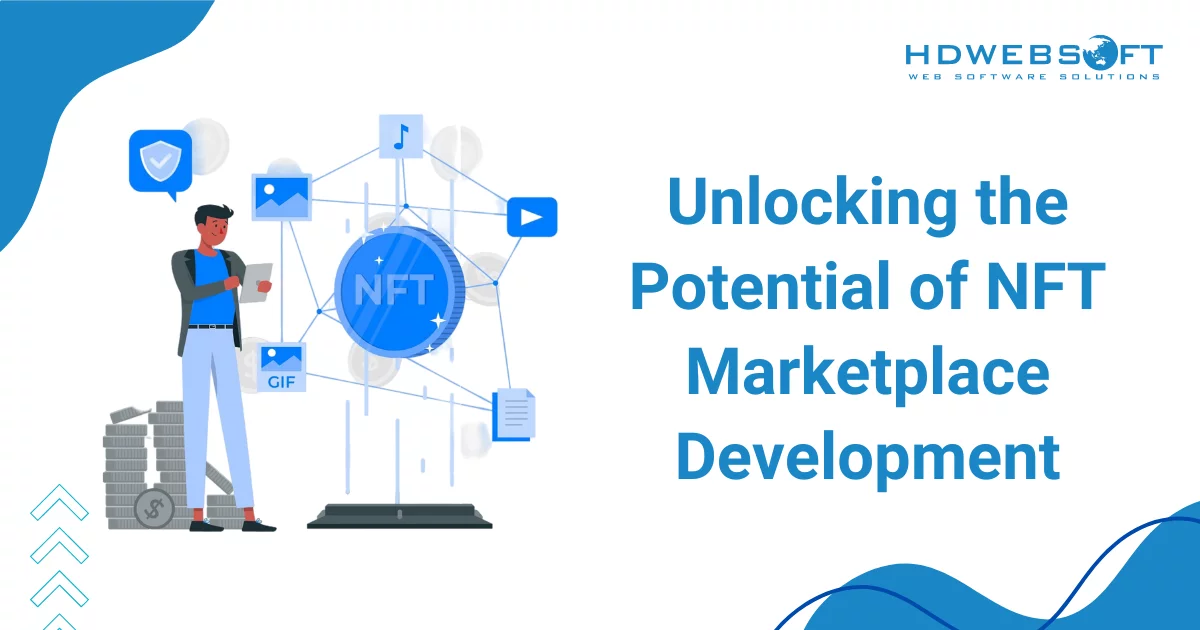
Unlocking the Potential of NFT Marketplace Development
NFT marketplace development is rapidly transforming the landscape of digital ownership, creating a vibrant ecosystem where creators and collectors can connect, exchange value, and explore entirely new avenues of creative expression. This burgeoning technology presents a wealth of opportunities for businesses and individuals alike, fostering innovation, fostering community, and reshaping the way we interact with digital assets.
In this article, we will explore the exciting potential of NFT marketplace development and discover how it can unlock a world of possibilities in the digital age.
What is NFT Marketplace Development?
NFT marketplace development refers to the creation and maintenance of platforms where non-fungible tokens (NFTs) are minted, bought, sold, and traded. These marketplaces facilitate transactions of unique digital assets verified through blockchain technology. The development process includes building a secure and scalable infrastructure, designing user-friendly interfaces, and integrating smart contracts to ensure the uniqueness and ownership of each NFT.
NFT marketplaces typically support various functionalities such as auctions, fixed-price listings, and peer-to-peer trading, allowing creators to monetize their digital content and collectors to acquire rare digital assets. The goal of NFT marketplace development is to create a seamless and secure environment that fosters the growth and adoption of NFTs across various industries.
NFT Marketplace Development for Diverse Sectors
Traditionally, white label and custom NFT marketplace development has catered to established marketplaces like OpenSea and Rarible. Now, the focus is shifting towards scalable and secure NFT marketplace development tailored for specific sectors. This allows businesses and organizations to create industry-specific NFT marketplaces, catering to unique needs and fostering stronger communities.
Here are a few examples of how NFT marketplace development is powering innovation across diverse sectors:
Music and Entertainment
Musicians are exploring music NFT marketplace development to release exclusive content, connect directly with fans, and explore new avenues for ownership. Musicians can create NFTs for albums or individual songs, allowing fans to purchase and own unique digital items. Notable examples include Kings of Leon releasing an album as an NFT and DJ 3LAU selling an album for $11 million in NFTs.
Gaming
NFT marketplace development for the gaming industry empowers gamers with true ownership of in-game assets, fostering a unique virtual economy. Imagine owning and trading unique skins, weapons, or even characters as NFTs. Games like Axie Infinity use NFTs to represent characters, virtual land, and other assets. This allows players to monetize their in-game achievements and creates a secondary market for digital goods.
Collectibles and Fan Engagement
Sports teams, gaming companies, and entertainment giants are utilizing custom NFT marketplace development to offer unique digital collectibles, fostering fan engagement and generating new revenue streams. Think limited edition player cards, exclusive in-game items, or virtual concert tickets – all secured on the blockchain through NFT technology. NBA Top Shot, for instance, allows users to buy, sell, and trade officially licensed NBA collectible highlights.
Real Estate
Real estate NFT marketplace development opens doors for fractional ownership, allowing investors to participate in the market with smaller investments. Platforms like Decentraland and The Sandbox offer users the ability to purchase virtual land as NFTs. These virtual properties can be developed, leased, or sold, creating a new market for digital real estate.
Fashion
The fashion industry is exploring NFTs to offer digital fashion items and exclusive collections. Brands like Gucci and Nike have experimented with NFT-based fashion items, allowing users to purchase unique digital wearables. This opens up new avenues for fashion enthusiasts and collectors in the virtual space.
Challenges for NFT Marketplace Development
The world of NFT marketplaces is brimming with potential, but the path to success isn’t without its hurdles. NFT marketplace development faces several challenges that need to be addressed to ensure a smooth and sustainable future for this innovative technology. Here’s a closer look at some of the key roadblocks:
Scalability
One of the most pressing challenges in NFT marketplace development is scalability. As the popularity of NFTs grows, so does the volume of transactions. Current blockchain infrastructures, especially Ethereum, face scalability issues that result in slow transaction times and high gas fees during peak periods.
These issues can deter users from participating in NFT transactions and limit the marketplace’s growth potential. To address these challenges, solutions like Layer 2 scaling solutions, like Polygon, and alternative blockchains, like Solana and Binance Smart Chain, are being explored.
Security Concerns
Security is a critical challenge in NFT marketplace development. Therefore, NFTs’ high value makes them attractive targets for hackers. These attacks can be devastating, as security breaches can lead to significant financial losses and damage to the marketplace’s reputation. Common security threats include smart contract vulnerabilities, phishing attacks, and wallet breaches.
To mitigate these risks, ensuring robust security measures, such as multi-factor authentication, regular security audits, and secure coding practices, is essential to protect users and their assets.
Interoperability
Interoperability between different blockchain networks is another significant challenge. Most NFT marketplaces are built on a single blockchain, limiting the types of NFTs they can support. This creates a siloed effect, where NFTs are restricted to the specific platform they were created on.
For a truly seamless user experience, NFTs need to be easily transferable and usable across different platforms and blockchain networks. Developing cross-chain compatibility is complex and requires collaboration between various blockchain projects. Standardizing protocols and ensuring smooth asset transfers is crucial to achieving this goal.
Regulatory Compliance
The regulatory landscape for NFTs is still evolving, creating uncertainty for NFT marketplace development. Different countries have varying regulations regarding digital assets, intellectual property rights, and financial transactions.
Navigating these regulatory requirements can be challenging and requires ongoing monitoring and adaptation to ensure compliance. Marketplaces must also implement Know Your Customer (KYC) and Anti-Money Laundering (AML) measures to meet legal standards, adding complexity to the development process.
User Experience
Creating an intuitive and user-friendly experience is vital for the success of an NFT marketplace. Many users, especially those new to blockchain technology, find the current process of buying, selling, and storing NFTs complicated.
To address this, simplifying the user interface, providing clear guidance, and offering robust customer support can help lower the entry barrier and attract a wider audience. Mobile-friendly designs and seamless integrations with popular wallets can also enhance user convenience.
Opportunities for NFT Marketplace Development
The Non-Fungible Token (NFT) landscape continues to evolve, and NFT marketplaces, the platforms facilitating NFT transactions, are experiencing explosive growth. NFT marketplace development presents a plethora of opportunities that extend beyond just facilitating art and collectible trading:
Innovation in Payment Solutions
One significant opportunity in NFT marketplace development lies in the innovation of payment solutions through fintech development. As the popularity of NFTs continues to rise, there is a growing demand for diverse and flexible payment options. Integrating various cryptocurrencies beyond Ethereum, such as Bitcoin, Binance Coin, and stablecoins, can attract a broader user base.
Additionally, developing more user-friendly payment interfaces and incorporating traditional payment methods like credit cards can make NFT marketplaces more accessible to the general public. This flexibility in payments can enhance user experience and drive more transactions on the platform.
Another promising opportunity lies in integrating NFT marketplaces with social media platforms. Social media can significantly boost the visibility and engagement of NFTs by allowing users to showcase their collections directly on their profiles.
Platforms such as Twitter and Instagram are already exploring ways to support NFTs, enabling users to display their digital assets and engage with a broader audience. This integration can drive traffic to NFT marketplaces, foster community building, and create new avenues for marketing and sales.
Cross-Chain Compatibility
Developing NFT marketplaces with cross-chain compatibility is a critical opportunity to attract a wider audience. Most NFT platforms currently operate on a single blockchain, typically Ethereum. However, incorporating support for multiple blockchain networks can provide users with more options and flexibility.
Cross-chain compatibility can also enhance the liquidity of NFTs, as assets can be traded across different platforms and ecosystems, broadening the market.
Enhanced Security Features
As NFTs’ value and popularity grow, so does the need for robust security measures. NFT marketplaces can gain a competitive edge by investing in advanced security features to protect users’ assets and data.
Implementing measures such as multi-factor authentication, secure wallet integrations, and regular security audits can build trust among users and protect against fraud and cyber threats. Furthermore, ensuring regulatory compliance and transparency can also enhance the marketplace’s credibility and attract more users.
Mainstream Adoption
Mainstream adoption is perhaps the most promising opportunity for NFT marketplace development. As awareness and interest in NFTs grow, more mainstream companies and celebrities are entering the space, bringing with them a wider audience. Collaborations with well-known brands and public figures can significantly boost the visibility and credibility of NFT marketplaces.
Moreover, as regulatory frameworks around NFTs become clearer, the general public’s trust in these platforms is likely to increase, further driving adoption. Educational efforts to demystify NFTs and blockchain technology for the average consumer will also play a crucial role in mainstream adoption, opening up the market to a more diverse user base.
Conclusion
NFT marketplace development represents a dynamic and rapidly evolving sector with immense potential. By addressing the challenges and leveraging the opportunities, developers and businesses can create thriving platforms that empower creators, engage collectors, and drive innovation. As the NFT ecosystem continues to mature, those who invest in robust, secure, and user-friendly marketplaces will be well-positioned to lead the next wave of digital transformation.








